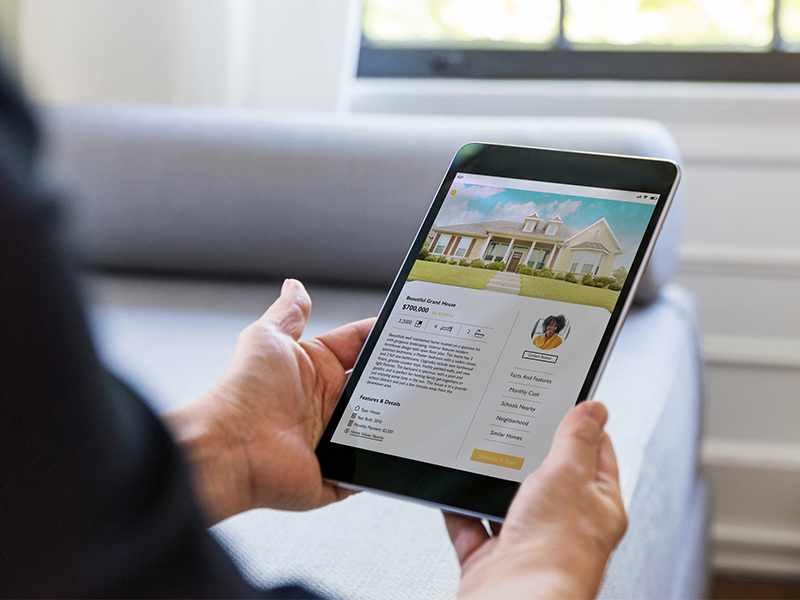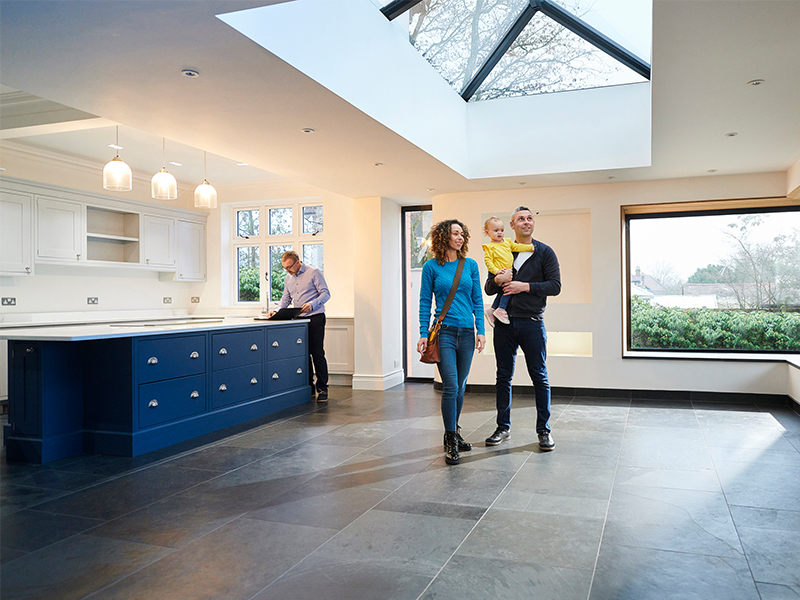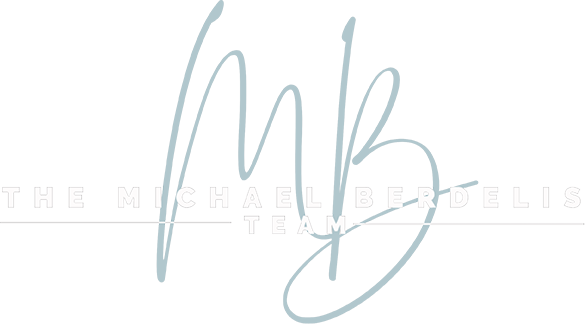 Downey, CA is a wonderful place to live for people of all backgrounds and interests. Located at the heart of Los Angeles County, it provides easy access to all the attractions and excitement that LA has to offer without the noise and bustle of the big city. But to fully enjoy life in Downey, it’s important to first find the perfect property.
It’s no secret that buying a home is a long-term commitment and a substantial investment. That’s why you shouldn’t settle for anything less than a property that closely matches your needs, lifestyle, and budget.
There are plenty of factors to consider in house hunting, from the location to the layout. While some of these factors may be more important to you than others, you should not overlook any of them. Read on to learn more.
Downey, CA is a wonderful place to live for people of all backgrounds and interests. Located at the heart of Los Angeles County, it provides easy access to all the attractions and excitement that LA has to offer without the noise and bustle of the big city. But to fully enjoy life in Downey, it’s important to first find the perfect property.
It’s no secret that buying a home is a long-term commitment and a substantial investment. That’s why you shouldn’t settle for anything less than a property that closely matches your needs, lifestyle, and budget.
There are plenty of factors to consider in house hunting, from the location to the layout. While some of these factors may be more important to you than others, you should not overlook any of them. Read on to learn more.
Table of Contents:
What to look for when buying a house in Downey, CA
 In buying a home, having a criteria to guide your search is a must. Here are the important factors that you need to consider:
Price
It’s easy to get swept away by the excitement of looking for your dream home, which may cause you to overlook certain costs. Aside from the purchase price, you also have to consider expenses related to the process such as the home appraisal and inspection fees, property taxes, and the closing costs. And once you own the home, your homeownership expenses will include utilities, home maintenance, and HOA fees.
When you start looking at houses to buy in Downey, CA, remember to budget accordingly. Go with what you can comfortably afford and be ready to walk away from a property that may overstretch your budget, no matter how perfect it may seem.
Neighborhood
Being a homeowner means being a part of the community. This is why a good neighborhood should always be included in your list of what to look for when buying a house. While you can renovate, remodel, or even rebuild a house to your liking, you can’t change or improve its location.
Neighborhood amenities can play a big role in enhancing your quality of life. When you have access to great amenities, you can enjoy the convenience, the fun, and the opportunities to connect with your neighbors. Schools, parks, grocery stores, and pharmacies are some of the important amenities to look out for.
If you have children or are planning to start a family, access to quality education makes a huge difference. Explore the websites of local schools, check their rankings, and see the academic and extra-curricular programs they have to offer. While learning about a school online can be helpful, nothing beats seeing it in person. If possible, pay a visit to the school and check out the facilities, the commute, and how the students and teachers interact.
Commute times and public transportation options in and around the neighborhood should also be considered. Weigh the convenience of shorter commutes versus high property prices, and vice versa. Ask yourself which factor to prioritize. Are you willing to pay a higher price for a home that’s closer to your place of work? Or is a longer commute time worth the savings you can get on a lower priced property? And although hybrid work and work from home options are more common now than before, you also need to look at the time spent traveling to other places that you and your family frequently visit.
To find out more about a potential neighborhood, visit it in person. Driving or walking around the area can give you a feel of the atmosphere, the noise levels, and the traffic. It helps to visit during different times of the day as well.
Home type and condition
The next aspect to consider is the property itself. From the number of bedrooms to the size of the backyard, the inside and outside of your home should have features that match your priorities and preferences. The fastest way to narrow down your options is to determine your needs, wants, and lifestyle.
Before looking for a home, have a clear idea of how much space you need. Consider the size of your household and your activities at home, as well as the activities of other family members. Knowing the amount of space needed for everyone’s comfort and convenience, as well as how to use the space, can help you avoid being tempted by homes that are too large or have features you’ll end up not using.
The age of the house should also be taken into account. Older homes often require more maintenance and upkeep, but they are typically located in established neighborhoods with plenty of character. Newer homes, on the other hand, are easier to maintain but typically have a higher price tag.
Storage space may not be the first thing that comes to mind when looking at a home, but it’s also an important factor to consider. Underestimating how much storage you need can lead to clutter and chaos. The key is to evaluate your belongings and plan for needed storage in advance. Take into account possible future storage needs and check if the home has potential for built-in solutions.
Here are the most basic elements to add to your list of what to look for when buying a house:
In buying a home, having a criteria to guide your search is a must. Here are the important factors that you need to consider:
Price
It’s easy to get swept away by the excitement of looking for your dream home, which may cause you to overlook certain costs. Aside from the purchase price, you also have to consider expenses related to the process such as the home appraisal and inspection fees, property taxes, and the closing costs. And once you own the home, your homeownership expenses will include utilities, home maintenance, and HOA fees.
When you start looking at houses to buy in Downey, CA, remember to budget accordingly. Go with what you can comfortably afford and be ready to walk away from a property that may overstretch your budget, no matter how perfect it may seem.
Neighborhood
Being a homeowner means being a part of the community. This is why a good neighborhood should always be included in your list of what to look for when buying a house. While you can renovate, remodel, or even rebuild a house to your liking, you can’t change or improve its location.
Neighborhood amenities can play a big role in enhancing your quality of life. When you have access to great amenities, you can enjoy the convenience, the fun, and the opportunities to connect with your neighbors. Schools, parks, grocery stores, and pharmacies are some of the important amenities to look out for.
If you have children or are planning to start a family, access to quality education makes a huge difference. Explore the websites of local schools, check their rankings, and see the academic and extra-curricular programs they have to offer. While learning about a school online can be helpful, nothing beats seeing it in person. If possible, pay a visit to the school and check out the facilities, the commute, and how the students and teachers interact.
Commute times and public transportation options in and around the neighborhood should also be considered. Weigh the convenience of shorter commutes versus high property prices, and vice versa. Ask yourself which factor to prioritize. Are you willing to pay a higher price for a home that’s closer to your place of work? Or is a longer commute time worth the savings you can get on a lower priced property? And although hybrid work and work from home options are more common now than before, you also need to look at the time spent traveling to other places that you and your family frequently visit.
To find out more about a potential neighborhood, visit it in person. Driving or walking around the area can give you a feel of the atmosphere, the noise levels, and the traffic. It helps to visit during different times of the day as well.
Home type and condition
The next aspect to consider is the property itself. From the number of bedrooms to the size of the backyard, the inside and outside of your home should have features that match your priorities and preferences. The fastest way to narrow down your options is to determine your needs, wants, and lifestyle.
Before looking for a home, have a clear idea of how much space you need. Consider the size of your household and your activities at home, as well as the activities of other family members. Knowing the amount of space needed for everyone’s comfort and convenience, as well as how to use the space, can help you avoid being tempted by homes that are too large or have features you’ll end up not using.
The age of the house should also be taken into account. Older homes often require more maintenance and upkeep, but they are typically located in established neighborhoods with plenty of character. Newer homes, on the other hand, are easier to maintain but typically have a higher price tag.
Storage space may not be the first thing that comes to mind when looking at a home, but it’s also an important factor to consider. Underestimating how much storage you need can lead to clutter and chaos. The key is to evaluate your belongings and plan for needed storage in advance. Take into account possible future storage needs and check if the home has potential for built-in solutions.
Here are the most basic elements to add to your list of what to look for when buying a house:
- Number of bedrooms
- Number of bathrooms
- Kitchen layout
- Living room
- Garage
- Front yard or backyard
- Exterior of the house
Questions to ask yourself before buying a house
 Since buying a home is a long and complicated process, you want to make sure that you are well-prepared. Knowing your needs and preferences can be your guide in determining the criteria for your home search.
To figure out what to look for when buying a house, these are the questions you need to ask yourself:
Since buying a home is a long and complicated process, you want to make sure that you are well-prepared. Knowing your needs and preferences can be your guide in determining the criteria for your home search.
To figure out what to look for when buying a house, these are the questions you need to ask yourself:
- Why do I want to buy a house? Before you even rush into the home buying process, it’s important to first ask yourself the “why” behind your decision. Are you after the stability of owning your own home? Do you feel that it’s time to buy one? Or are you looking at it as an investment opportunity? Once you know your answer, you can start building your house hunting strategy.
- What is my budget? Prior to shopping for homes, you need to know how much home you can afford and what your financial goals are. Consider your income, expenses, and savings, along with the costs of buying and owning a home. Once you’ve established all aspects of your financial situation, you can create a realistic budget and use it as your guide in looking for the right home.
- What kind of lifestyle do I want? Whether you desire the city life, a beachfront residence, or somewhere more remote, knowing the type of living experience you want will help you find the home (and neighborhood) that reflects your ideal lifestyle. Those looking for a convenient and low-maintenance lifestyle often turn to condos because these properties are typically managed by professionals that look after residents’ needs. On the other hand, those who want complete independence and a bigger space may find single-family homes to be the more suitable choice.
- What kind of property am I looking for? With your budget and lifestyle in mind, determine the type of property that you want. From single-family homes to townhouses, there are many different types of residential properties to choose from. If you are willing to invest more time, patience, and money, you can also consider properties that are in need of renovations. Think about your long-term plans as well. Are you looking to move houses again in a couple of years? Or will this be your forever home? How long you plan to stay in your new home can influence the type of property and the neighborhood you choose.
- What are your must-have and nice-to-have lists? A checklist is essential in helping you determine the features to prioritize and the features that you can be flexible with during your house hunt. With your must-have list, identify the non-negotiables. If you’re moving with family, for example, plenty of storage space could be a must-have. Your nice-to-have list, on the other hand, are the features that you are willing to compromise on. Another advantage of having a checklist is being able to avoid decision fatigue. Choosing a home from hundreds of listings can be mentally draining. With a checklist, you are able to disregard the properties that don’t meet your criteria.
- What are my deal breakers? Another aspect that you have to identify are your deal breakers. When you know what your deal breakers are, you can stay away from properties that don’t meet your needs or expectations. If it’s peace and quiet that you’re after, for example, you don’t want to entertain the idea of owning a home on a main road.
Why work with a Realtor when buying a house?
 With a process as complex and time-consuming as buying a house, it’s best not to go through it alone. An experienced Realtor can help you navigate the process from start to finish. Here are the benefits of working with a Realtor:
With a process as complex and time-consuming as buying a house, it’s best not to go through it alone. An experienced Realtor can help you navigate the process from start to finish. Here are the benefits of working with a Realtor:
- A Realtor is a local expert Realtors have a deep understanding of the local market in the areas they specialize in. Their knowledge of the neighborhoods, amenities, properties, and current trends come in handy when you want to know more about the area.
- A Realtor has access to more listings One of the major advantages of working with a Realtor is their access to a vast database of listings. In addition to the Multiple Listing Service (MLS), a licensed professional may also be members of specialized real estate listing sites, such as a portal for luxury homes. In addition, Realtors typically have vast networks that include other real estate agents who share leads on homes for sale even before they hit the market. Some properties purposely don’t get listed in the MLS because they are exclusive and target a specific niche of buyers. Also known as pocket listings, Realtors also have access to these off-market listings.
- A Realtor does the negotiating for you The negotiation process in buying a home can be daunting. But with a Realtor by your side, you’re represented by a highly trained professional who’s well-versed in the nuances of real estate transactions. They will guide you in the finer points of negotiations, from timing your offer to bridging the gap between you and the seller.
- A Realtor handles the paperwork A Realtor is an expert at handling the nitty-gritty details of the home buying process. The paperwork, for one, can be difficult to understand and oversee. The contracts, disclosures, and loan agreements are just some of the important documents that a Realtor can take care of on your behalf.
- A Realtor saves you time and money The time it takes to search for homes, evaluate them, and negotiate with the seller can be very taxing. With a Realtor by your side, you have an expert who can simplify the process and make sure nothing falls through the cracks. A Realtor will be with you throughout the entire process, from helping you figure out what to look for when buying a house to ensuring a stress-free transition at closing.

